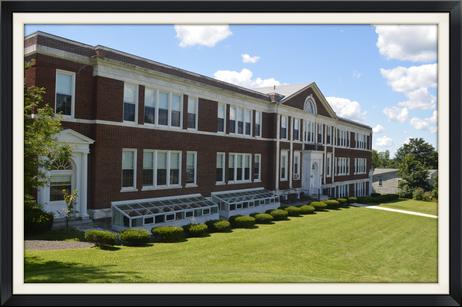Do you know....? If you know the answers to all these questions, you probably teach or work in a private school. Be that as it may, these questions contain links with the answers. Test your knowledge. Dispel some urban legends about private schools. Do you know....?
- the five things critics love to hate about private schools?
- that private schools have become quite diverse?
- that not every Montessori school is the real thing?
- that there are free private schools?
- that private school may be free if you make less than $75,000?
- that 8th graders in 1895 had to take a final exam like this?
- how to evaluate a private school?
- how to avoid common mistakes during your admissions interview?
- how to pay for private school?
- how to find a private school job?
- what the research says about single-sex education?
- what private school teachers make?
- what is being taught in private schools?
- what the difference is between an independent and a private school?
- when to apply to private school?
- where to find scholarships?
- when you should consider a special needs school?
- where you can use cellphones and iPods in school?
- which school is best for your child?
- which school is the most expensive?
- which school Malia and Sasha Obama are attending in Washington?
- why there is no ranking of private schools?
- why you should send your child to a private school versus a public school?
- why small classes are better than large ones?
- why AP courses are worth


























